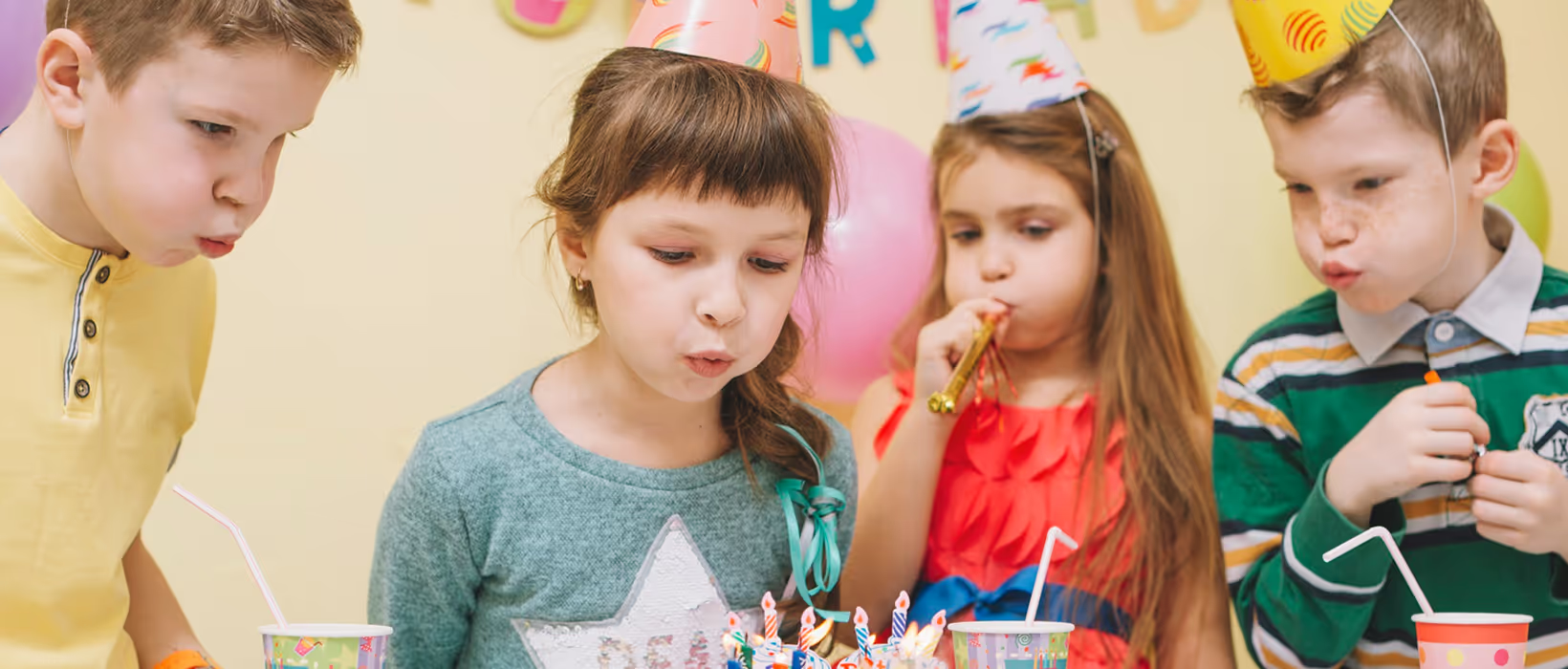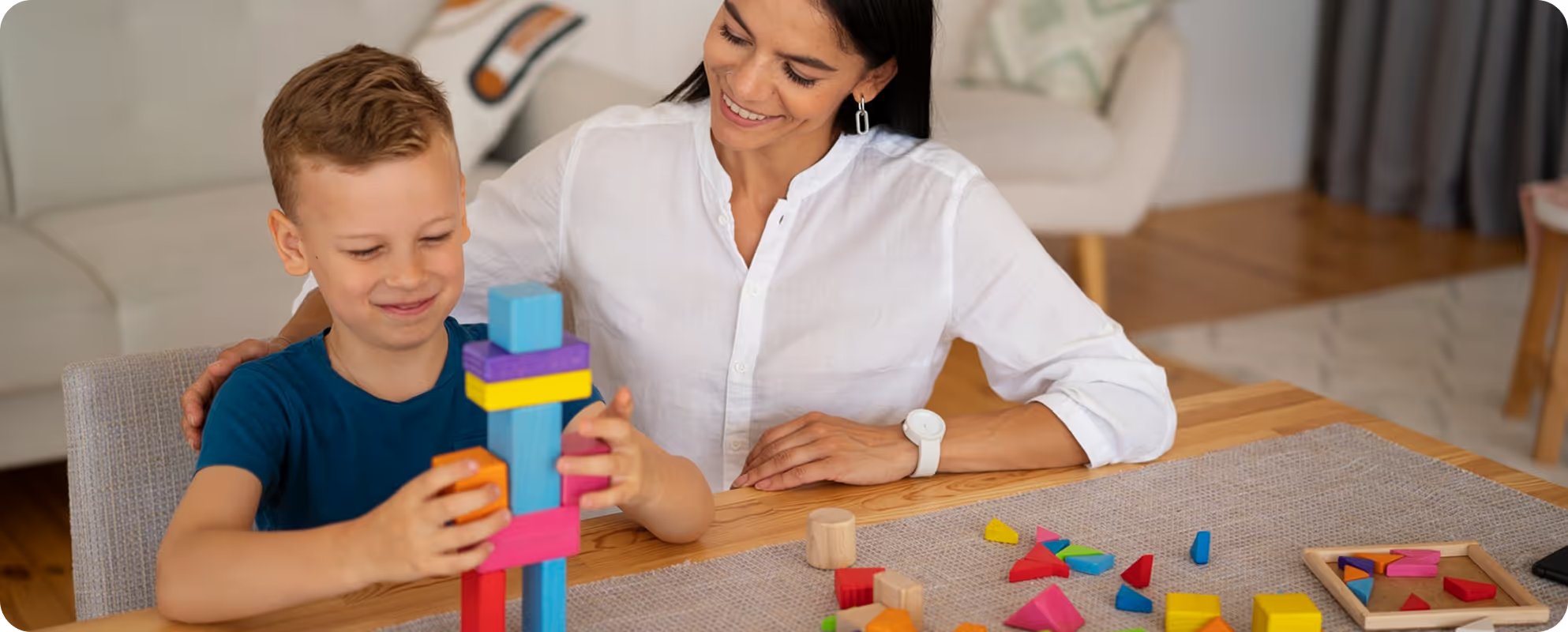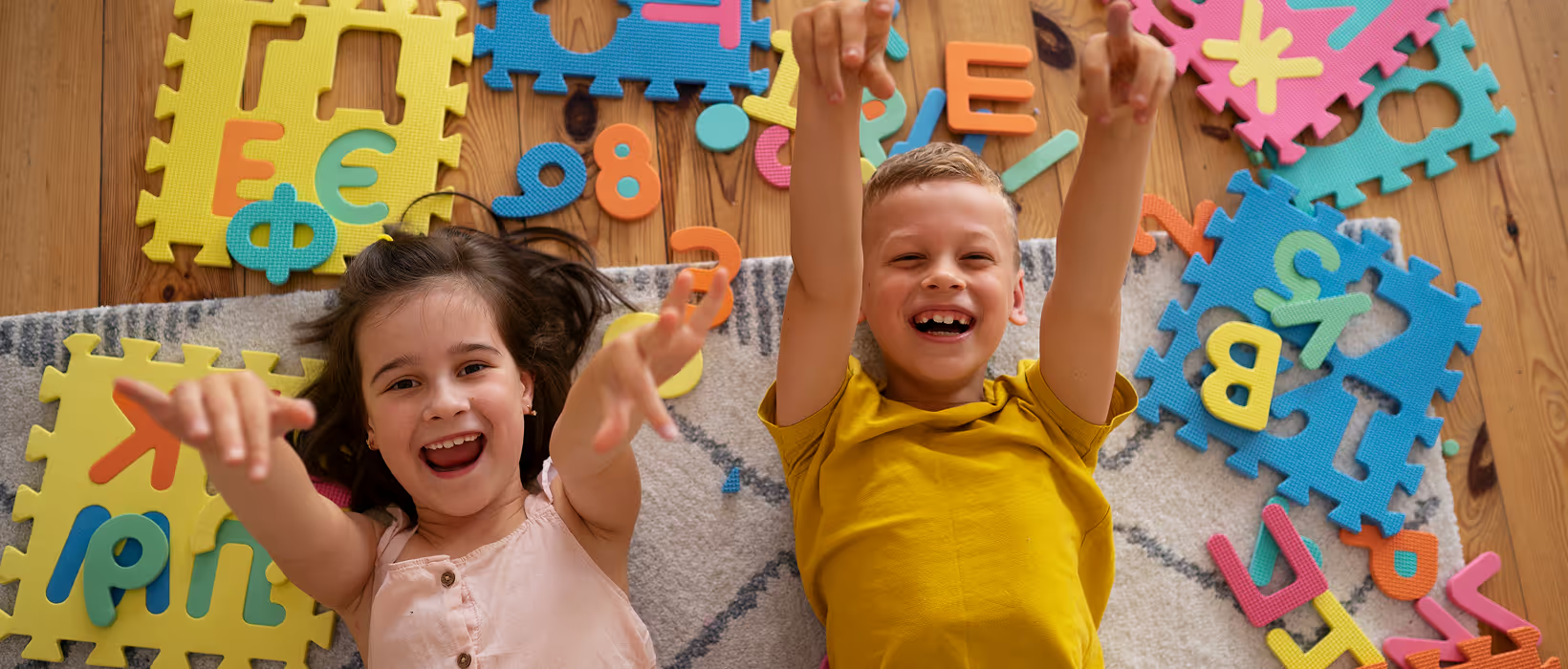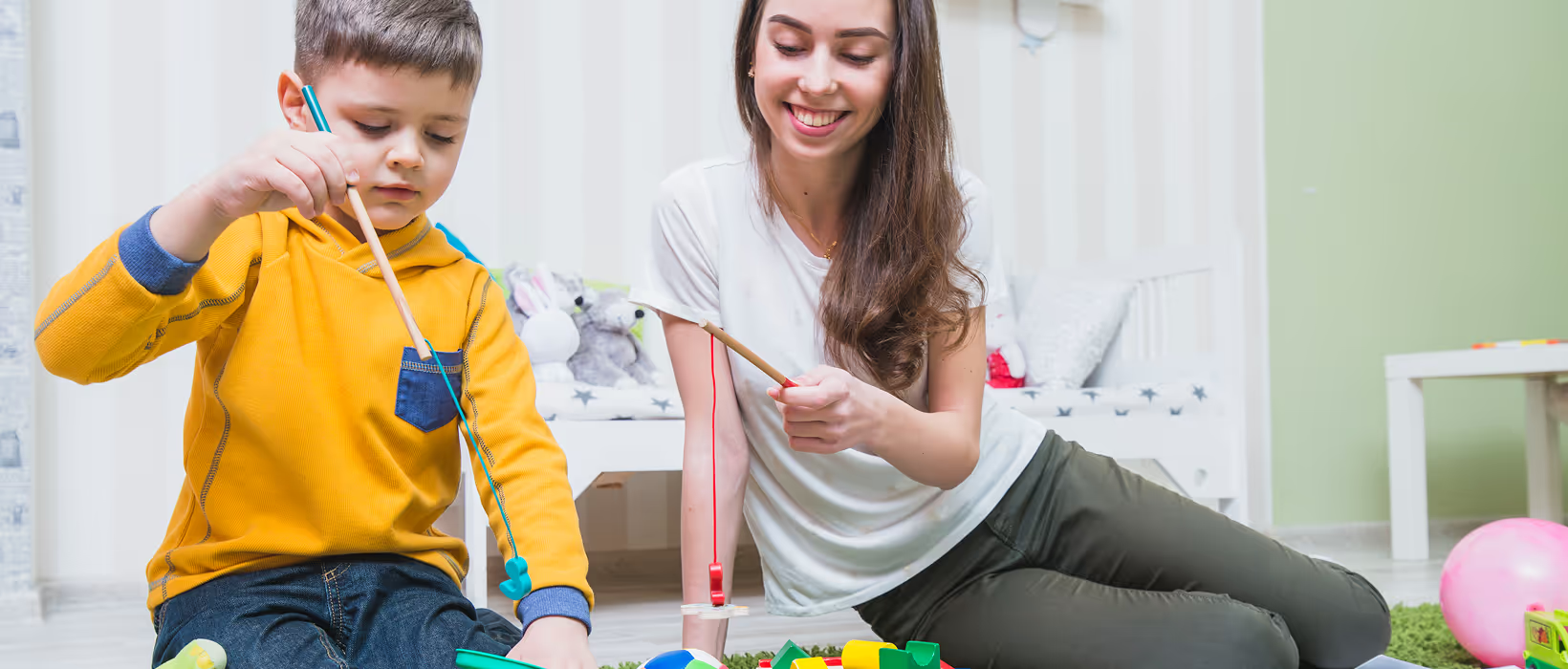
How to Plan the Perfect Birthday Party at KidZone
Play Stimulates Cognitive Growth
When children engage in playful activities, their brains are actively making new connections, strengthening neural pathways that support learning and memory. Activities like puzzles, imaginative play, and interactive games encourage problem-solving, decision-making, and logical reasoning.
When a child builds a tower with blocks or navigates through an obstacle course, they are not just having fun—they are also training their brain to process information, think critically, and adapt to new challenges. Play enhances their ability to understand cause-and-effect relationships, improves attention span, and nurtures their curiosity, setting a strong foundation for academic success.
Cognitive Development Through Play
Cognitive development refers to how children learn, think, reason, and remember. Fun, interactive activities stimulate a child's curiosity and help develop problem-solving abilities. When children engage in activities that challenge their minds, they strengthen their ability to analyze situations, recall information, and apply learned concepts in real-life scenarios.
- Problem-Solving Skills.
- Language Development.
- Focus & Attention Span.
Physical Activity Strengthens Brain Function
Active play, such as jumping on trampolines, climbing jungle gyms, or running through an adventure course, does more than just keep kids physically fit—it directly impacts brain function. Movement increases blood flow to the brain, delivering oxygen and essential nutrients that boost cognitive performance. Studies have shown that children who engage in regular physical activity perform better in tasks requiring concentration, memory, and problem-solving.
Active play also helps develop fine and gross motor skills, enhancing coordination and balance. When children engage in physical challenges, their brains adapt by improving reflexes, decision-making speed, and overall agility.

How to Encourage Healthy Play for Brain Development
Parents and caregivers play a vital role in ensuring children get the right kind of fun that supports brain growth. Here are some effective ways to incorporate meaningful play into daily routines. By making play a priority, we ensure that children develop not only academically but also socially and emotionally, setting them up for a lifetime of success.
- Encourage Free Play.
- Balance Screen Time.
- Create Learning Opportunities.
- Engage in Family Play.
Play Reduces Stress & Supports Emotional Well-Being
In today’s fast-paced world, children can experience stress from academic pressures, social interactions, and even digital exposure. Play acts as a natural stress reliever, helping children process emotions and release tension in a healthy way. Engaging in enjoyable activities triggers the release of endorphins, the brain’s "feel-good" chemicals, which enhance mood and promote emotional resilience. Play also helps children develop coping mechanisms, as they learn to navigate setbacks, face fears, and find solutions to challenges. A safe and supportive play environment, like KidZone, allows children to express themselves freely, feel secure, and experience the joy of childhood without worries.
“At KidZone, we believe that play is more than just fun—it’s the foundation of a child’s growth and development.”
Parent-Child Play Strengthens Bonds & Learning
Playing together is one of the most effective ways for parents and children to bond while also enhancing the child’s brain development. When parents engage in fun activities with their children, whether it’s reading a story, playing a board game, or building a sandcastle, they create meaningful connections. These shared experiences boost a child’s sense of security and self-worth. Parental involvement in play also enhances learning, as children absorb language, social cues, and problem-solving techniques from their caregivers. The quality time spent together fosters trust, improves communication, and creates lasting memories that contribute to a child’s emotional and cognitive growth.
Final Thoughts
The importance of fun in a child's life goes far beyond just entertainment—it actively shapes their brain, influencing how they learn, interact, and grow. Every time a child plays, their brain builds new connections, strengthens cognitive functions, and enhances emotional intelligence. As parents, caregivers, and educators, it’s our responsibility to provide an environment rich in play, creativity, and learning.
So, the next time you see a child laughing, running, or building a tower of blocks, remember—they are not just playing; they are shaping their future!







